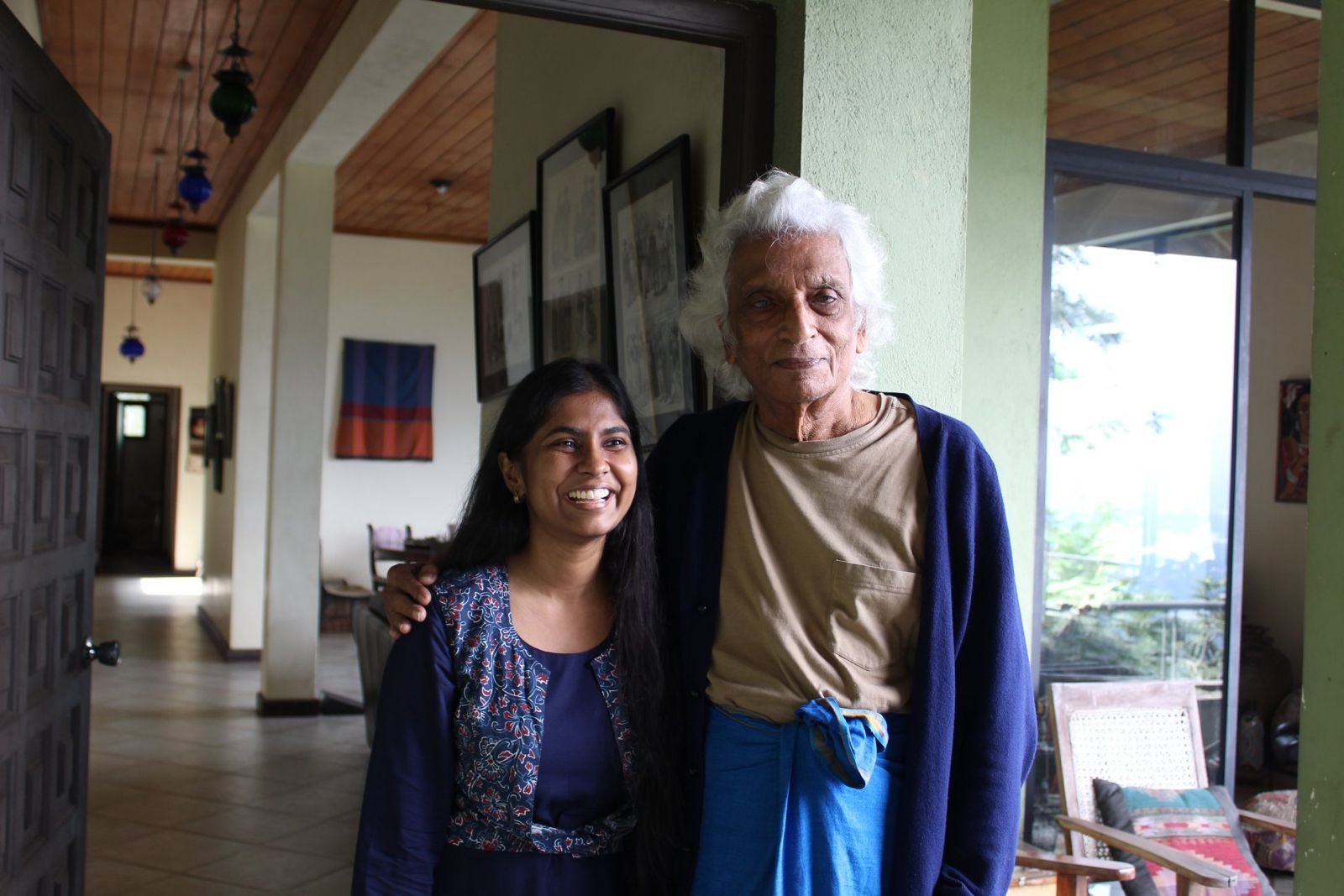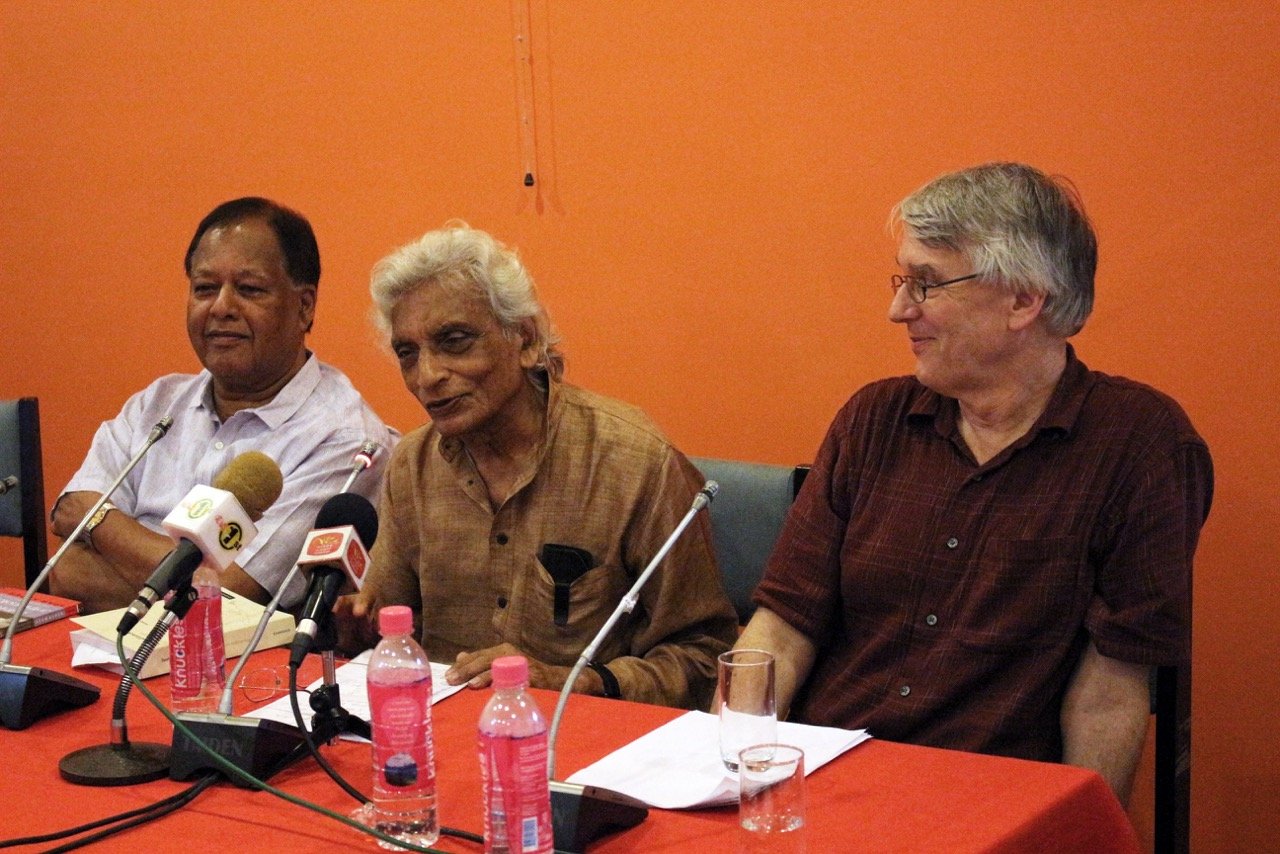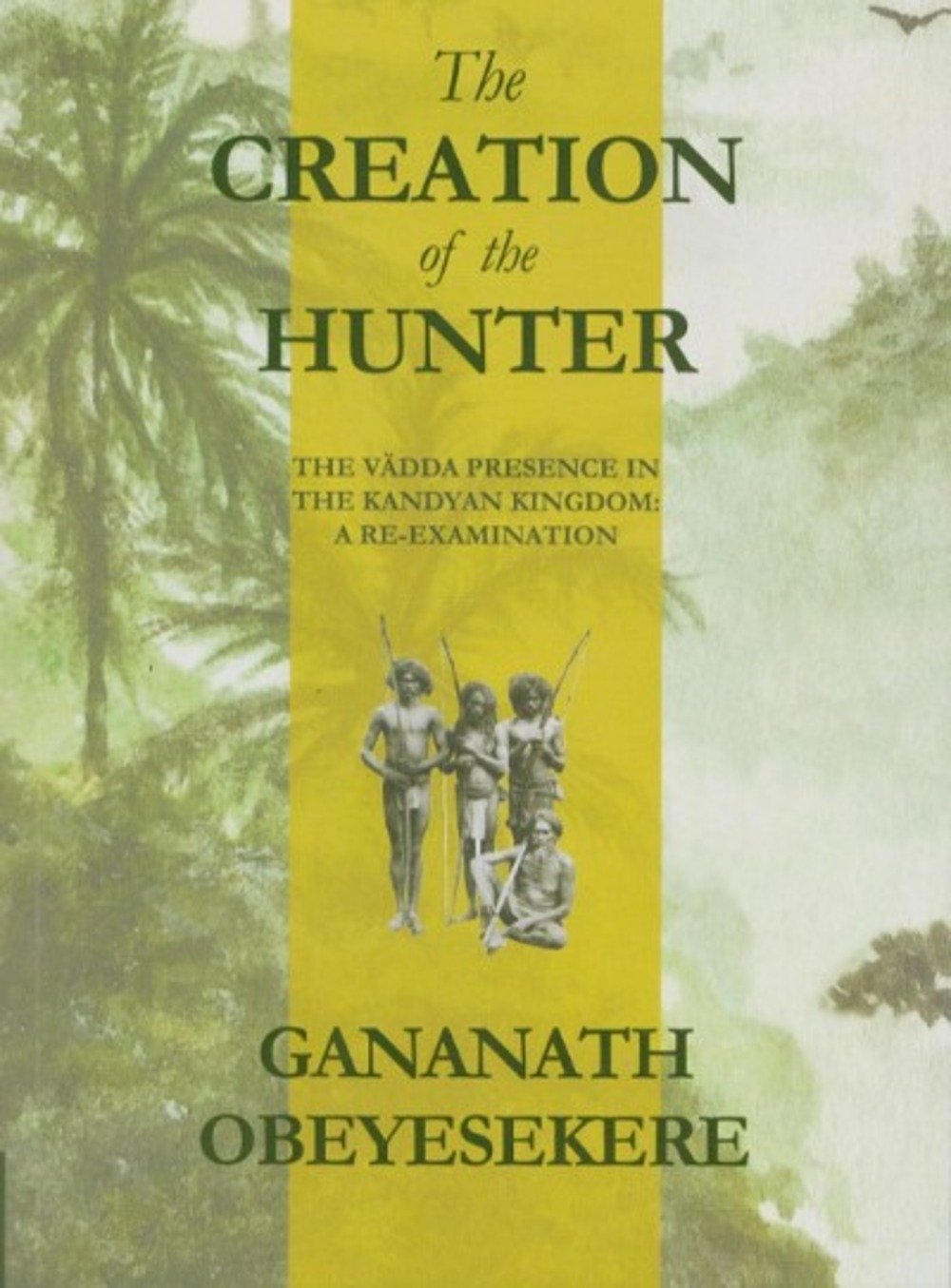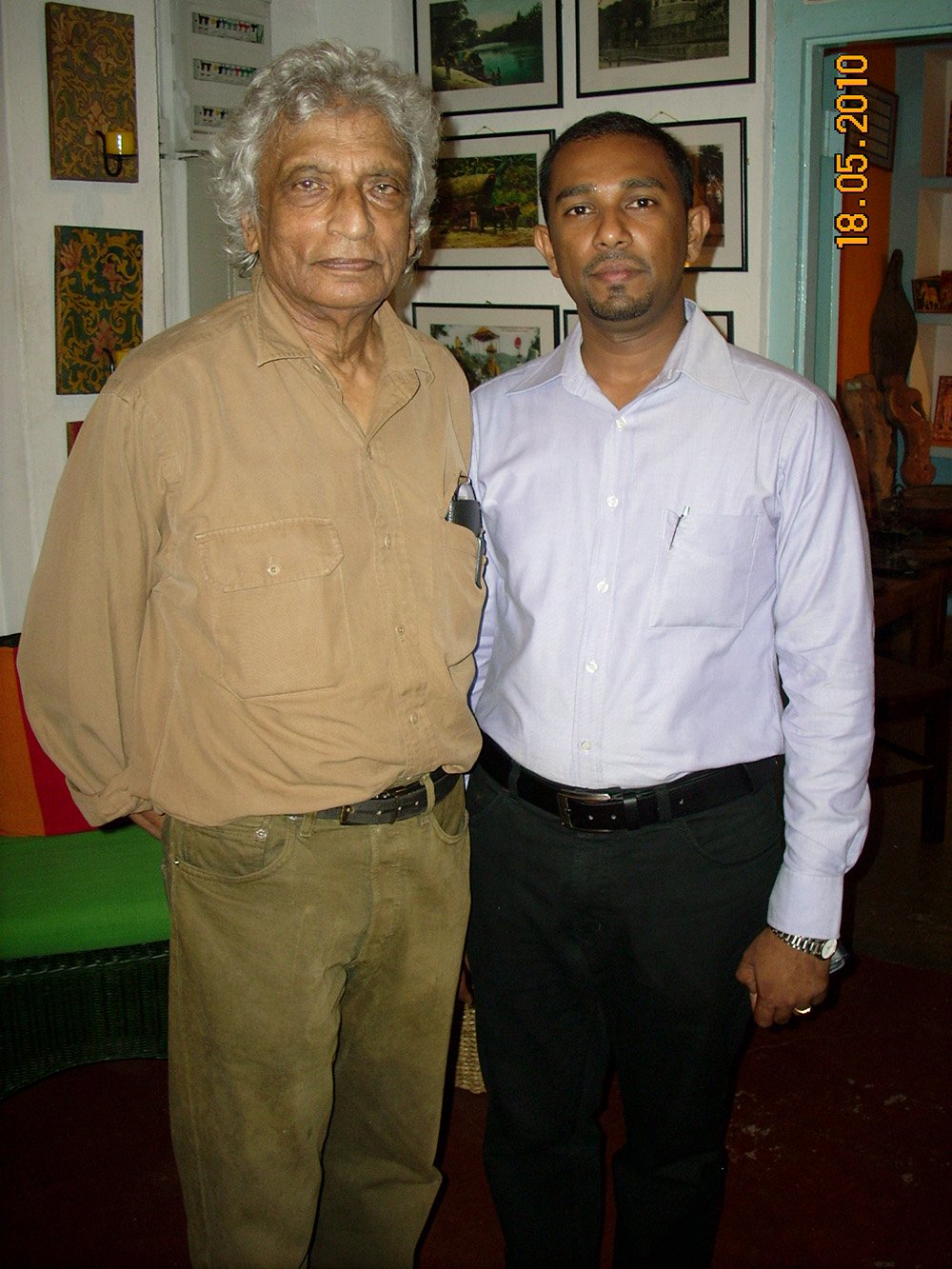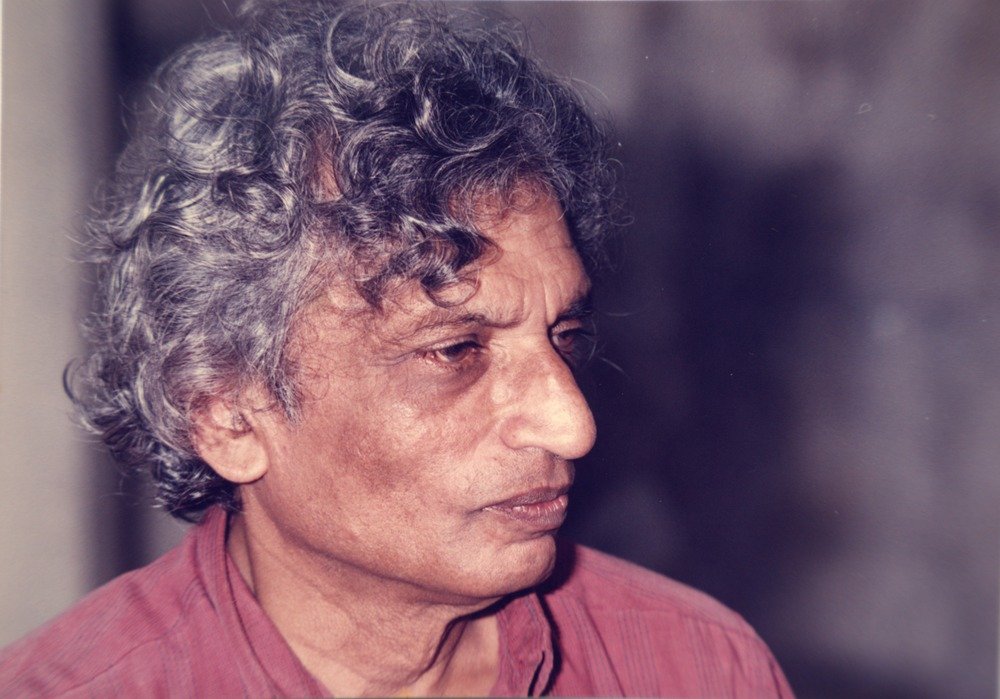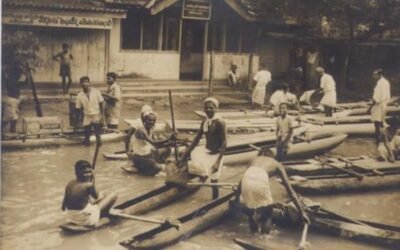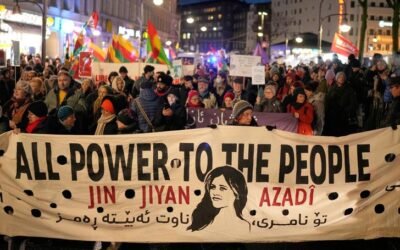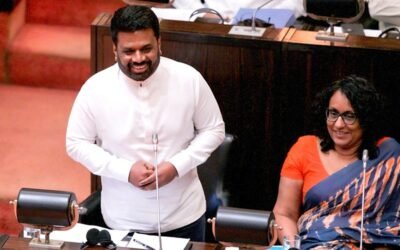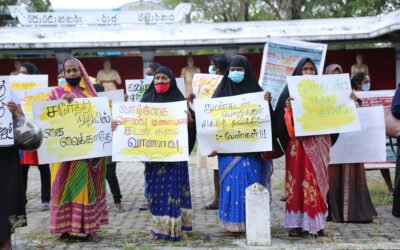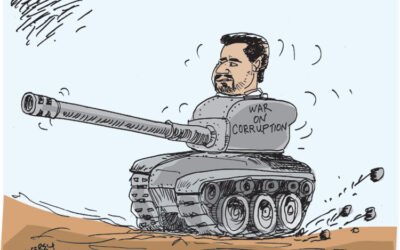Polity aims to advance democratic consciousness, gender equality, state reform, and social change in Sri Lanka, while interested in South Asia and the World.
As its predecessor Pravada (1991-2002), Polity is published by the Social Scientists’ Association in Colombo, with critical content on politics, political economy, history, women, ethnicity, sexualities, religion, labour studies, agrarian relations, nationalisms, violence, ecology, and much more.
From Living With, to Drowning Under, Floods: A Village Transformed
Shashik Silva
Welewatta has always flooded. This village in the Kolonnawa Divisional Secretariat (DS), home to 1424 families, floods...
Iran: Solidarity with popular struggles against poverty, unemployment, discrimination, and repression
Editors and Vahed
Once again, the Iranian people are on the streets against their repressive rulers. Once again, the Islamic Republic...
Governing in Anticipation of Backlash
Editors
As Sri Lanka reels from the devastation caused by Cyclone Ditwah, President Anura Kumara Dissanayake in his address to...
Review and Repair Microfinance Authority Bill! Safeguard Women’s Dignity, Livelihoods, and Long-Term Security!
Suriya Women’s Development Centre
Editors’ Note: On 17 November 2025, the NPP government gazetted a bill to establish a statutory agency styled the...
Year One of the NPP Government: Some Heretical Thoughts
Jayadeva Uyangoda
By the third week of November 2025, the National People’s Power (NPP) has completed its first year as Sri Lanka’s new...
Best Reads 2025
Collective
Ponni Arasu is an independent scholar, activist, expressive arts therapist, translator, and theatre artist.Arundhati...
Current Issue

Out Now! Vol. 13, No. 1 (2025), LKR800 from the Social Scientists’ Association and LKR1000 from Barefoot and Vijitha Yapa bookshops.
170 pages of analysis, commentary and perspective: the implosion of liberal internationalism; aspirations for, and appraisal of, the NPP government; the long march of the JVP from subversive to sovereign; feminist statements demanding action against misogyny and male violence; the May 2025 local government election and axes of polarisation; US and Lankan narratives on culling USAID; the thriving and prosperous national security state, and its gaze on queers; Richard de Zoysa’s short life, long death, and literary legacy; Asoka Handagama’s Rani and memory against forgetting in struggles against enforced disappearances; avatars of privatisation in higher education; continuities and concerns in AKD’s first budget; anatomization of an economy in permanent crisis; retrieving the political economy of SBD de Silva; an IMF poster-child in the crosshairs of Trump’s tariffs and the Washington Consensus; combating corruption in market mode; caricaturing gay representation in mainstream media; celebrating Bapsi Sidhwa’s itinerary and oeuvre; Indian and Pakistani women speak out against war and hate; the performance of Tamil nationhood in and after war; international law facts and fictions in Filastin; and Iranian voices against Israeli-US warmongering and state repression. Front cover art by Minal Naomi Wickrematunge.
Calls
Archive
Pravada (1991-2002) and Polity (2003-) back issues available here.

Social Scientists’ Association
The Social Scientists’ Association (SSA) was founded in 1977, at a turning point in Sri Lankan politics, economy, and society, marked by among other aspects: the ‘open economy’ market reforms; deepening ethnic conflict; and the growing concentration of executive power. Its initiators were academics from public universities, seeking an autonomous space to grapple with these shifts; and to promote progressive political, economic, and social change.

